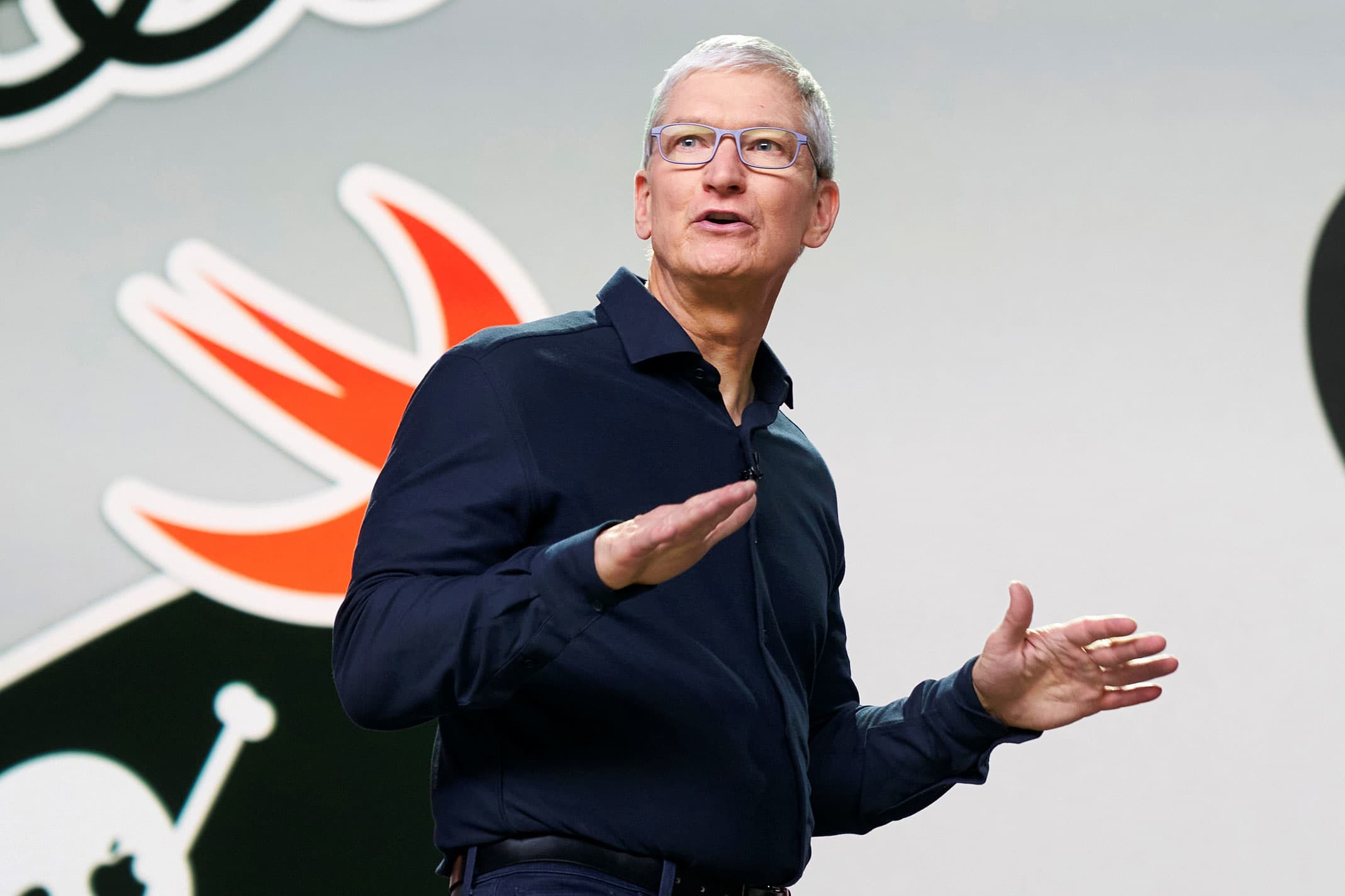
After years of speculation that it will eventually get into the auto business with its own vehicle, Apple is close to finalizing a deal with Hyundai-Kia to manufacture an Apple-branded autonomous electric vehicle at the Kia assembly plant in West Point, Georgia according to multiple sources who briefed CNBC on the plan.
The so-called “Apple Car,” which is being developed by a team at Apple, is tentatively scheduled to go into production in 2024, though people familiar with the talks between Apple and Hyundai-Kia say the eventual rollout could be pushed back.
Sources tell CNBC no agreement has yet been reached between the two companies. In addition, they stress that Apple may ultimately decide to partner with another automaker separately or in addition to working with Hyundai.
One source familiar with Apple’s strategy on developing a car tells CNBC, “I doubt Hyundai is the only automaker they could strike a deal with, there could be somebody else.”
Apple shares rose more than 2% after hours on the news.
Spokespersons for both Apple and Hyundai-Kia declined to comment when reached by CNBC.
If an agreement is finalized, why would Apple choose Hyundai-Kia? Just as importantly, why would the Korean automaker strike a deal with Apple?
Those familiar with the discussions say each company sees a unique benefit in working with the other to develop an Apple car.
For Apple, the decision to build a car opens the potential to tap a global auto and mobility market valued at $ 10 trillion. Morgan Stanley analyst Katie Huberty explained the profit potential for Apple in a research note she issued in January.
“Smartphones are a $ 500bn annual TAM. Apple has about one-third of this market. The mobility market is $ 10 trillion. So Apple would only need a 2% share of this market to be the size of their iPhone business,” Huberty wrote.
Sources familiar with Apple’s interest in working with Hyundai say the tech giant wants to build the “Apple Car” in North America with an established automaker willing to allow Apple to control the software and hardware that will go into the vehicle.
In other words, this will be an “Apple Car,” not a Kia model featuring Apple software.
For Hyundai-Kia, working with Apple is being driven by the company’s new chairman, Euisun Chung, who took control of the Korean automaker last October. According to one source familiar with Hyundai-Kia strategy, “Chung has made it clear, mobility is the future of the company.” That’s important because the Apple Car will be fully autonomous.
By working with Apple, leaders of Hyundai-Kia believe they will accelerate development of their own autonomous and electric and vehicle plans. Hyundai is currently partnered with Aptiv in a joint-venture developing autonomous vehicle technology, including robotaxis.
There is no indication that joint venture would change if Hyundai reaches an agreement with Apple. In addition, the Kia plant about 90 minutes southwest of Atlanta, Georgia, has available capacity, so scaling production and tapping the Hyundai-Kia supply chain can be done relatively quickly.
While it is still unclear exactly what the first Apple Car will look like, those familiar with the plans say there are a couple of notable features.
“The first Apple Cars will not be designed to have a driver,” said one source with knowledge of the current plan. “These will be autonomous, electric vehicles designed to operate without a driver and focused on the last mile.” That could mean Apple cars, at least initially, could focus on package food delivery operations and firms incorporating robotaxis.
The move could bring the tech giant into direct competition with Tesla, which is rolling out self-driving features for its vehicles. Tesla CEO Elon Musk recently told investors that turning Teslas into self-driving robotaxis could help justify the company’s valuation, as the cars would be in use for more hours per day, allowing Tesla to earn higher revenues per car. In 2018, Apple lured Doug Field, then Tesla’s senior VP of engineering, back to Apple where he had previously worked, presumably to work on self-driving cars. Apple has also hired myriad other former Tesla employees, including Michael Schwekutsch, now Senior Director of Engineering for the Special Projects Group at Apple and formerly Tesla Vice President of Engineering.
Musk said that he once attempted to start talks with Apple about acquiring his electric car company, but Apple CEO Tim Cook rejected his invitation to meet.


